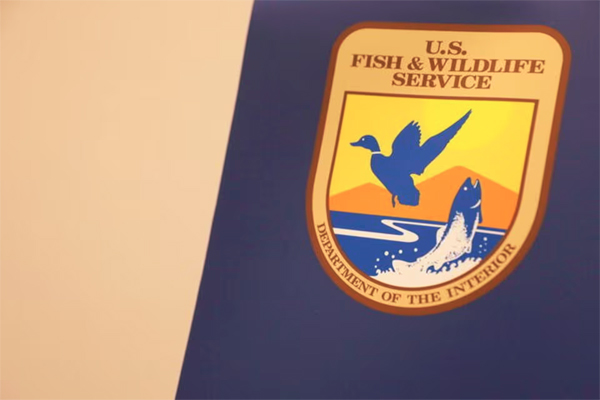
Clark Mindock, Reuters
NEW YORK
EnergiesNet.com 04 09 2024
April 8 (Reuters) – An environmental group sued the U.S. Fish and Wildlife Service on Monday, arguing it failed to assess how oil and gas development in the Gulf of Mexico could aggravate climate change and how that might harm endangered wildlife.
The Center for Biological Diversity and scientist Stuart Pimm said in the lawsuit filed in the U.S. District Court for the District of Columbia that the agency’s 2018 analysis of likely impacts from 10 years of oil and gas development in the Gulf arbitrarily failed to consider the impact on endangered species living in the region’s habitats.
The Endangered Species Act requires federal agencies to ensure that major developments do not put endangered animals in jeopardy. But the plaintiffs said the 2018 analysis, known as a biological opinion, ignored how “billions of tons of greenhouse gas pollution” from burning fossil fuel extracted from the Gulf sea floor could harm endangered species like some Gulf sea turtles, manatees and birds by raising sea levels and increasing ocean acidification.
The group also claimed the analysis failed to fully account for other threats like vessel strikes on manatees and other animals, and oil spills.
The lawsuit seeks an order vacating the biological opinion, which was needed before major oil and gas exploration, leasing and development could go forward. Tossing the opinion could effectively stop future oil and gas leasing or development until the analysis is redone, depending on the specifics of the judge’s order, according to Center for Biological Diversity attorney David Derrick.
The Fish and Wildlife Service, which is part of the U.S. Interior Department, declined to comment.
The Gulf of Mexico is home to the vast majority of federal offshore oil and gas wells in U.S. waters, accounting for roughly 97% of all oil and gas production on the U.S. outer continental shelf.
The 2018 biological opinion sought to assess potential harms from projects developed between 2018 and 2028, many of which could be operable for up to 40 years or longer.
Several oil and gas lease sales have been held since the analysis was released, including one in December that was the largest auction of federal offshore oil and gas leases since 2015.
Individual lease sales are also frequently challenged in court.
The next Gulf lease sale isn’t expected until 2025, according to a five-year-plan for the region that includes a historically low number of lease auctions.
The case is Center for Biological Diversity v. Haaland, U.S. District Court for the District of Columbia, case No. 1:24-cv-00990.
For the plaintiffs: Julie Teel Simmonds, Kristen Monsell and David Derrick of the Center for Biological Diversity
For the U.S.: Not yet available
Reporting by Clark Mindock
reuters.com 04 08 2024












